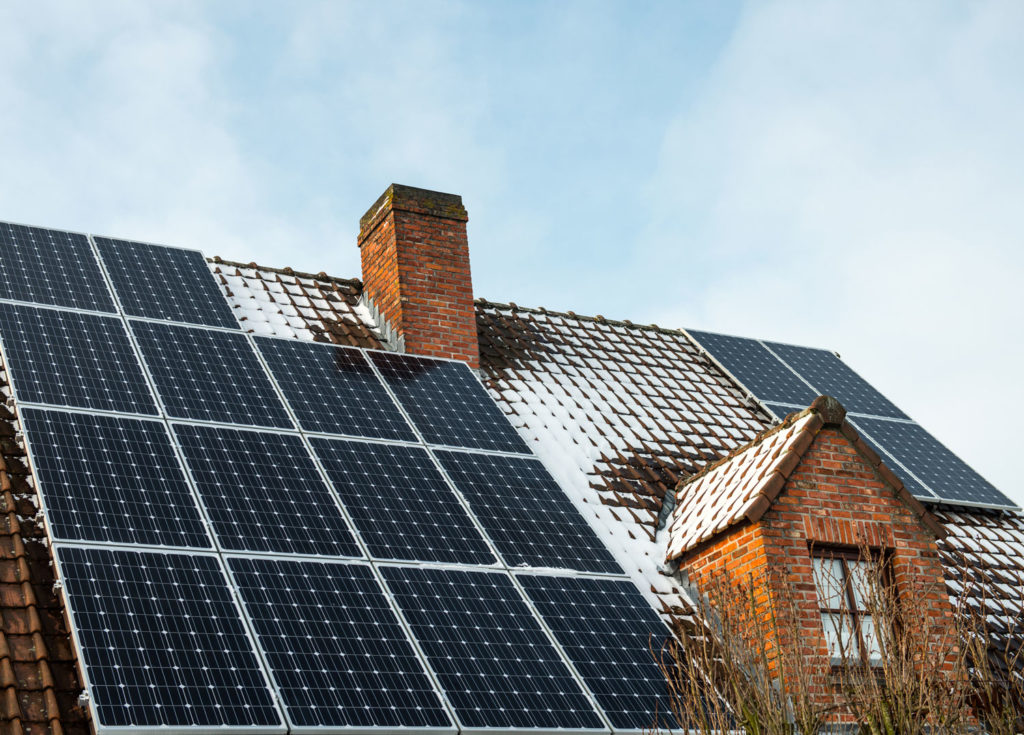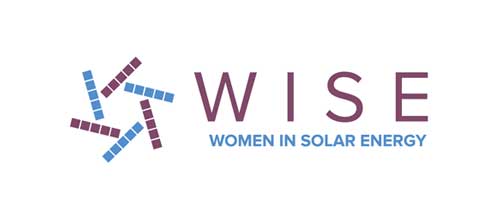In recent months, energy prices have begun to rise to levels that haven’t been seen in decades, causing concern among energy consumers across the board. With no way of knowing how high prices might go or how long the price surge may last, many are considering switching to solar power. However, some are worried this fall about the overall effectiveness of solar panels in winter. Do they work in cold weather and snow? If you’re curious about how well solar panels might work in winter, read on for help with your decision-making process.
How do solar panels work?
Before dissecting the effectiveness of solar panels in winter, it is important to first understand what solar panels do. In simple scientific terms, they use light to knock electrons free from atoms, which in turn creates an electrical current. In other words, solar panels convert sunlight into electric energy.
Do solar panels work in the snow?
The effectiveness of solar panels is impacted by how much sunlight they receive. Therefore, if sunlight is reaching the panels, they will still perform. Sunlight easily penetrates a light dusting of snow. Even moderate snowfall eventually slides off since the conversion of light to energy puts off some heat, therefore exposing the solar panels. This allows them to continue converting sunlight into energy. Light to moderate snow can even be beneficial for solar panel systems. The snow bonds with dirt and grime, then cleans the solar components as it melts, making the solar panel system more efficient.
Will solar panels stop working if it gets too cold?
If solar panels are receiving sunlight, they will continue converting light into energy even in subzero temperatures. In fact, research shows that solar panels perform better in cold and extreme-cold temperatures than in extreme heat. Sciencing.com explains that solar panel efficiency is measured by overall output compared to available solar energy and that solar panel efficiency decreases by .05% for every degree (Celsius) the temperature rises. It also increases in efficiency by .05% for every degree the temperature falls. Therefore, as temperatures fall, solar panel efficiency rises.
The best time to switch to solar is now
Despite the quickly approaching winter months, with the recent increases in the cost of energy and no way of knowing if or when prices will stabilize, there’s never been a better time than now to make the switch to solar power for your home. Not only are installation wait times typically shorter in the months leading up to winter, but your system will be installed in time to thrive through the cold months and you will not have to wait for your system to be built in the busier spring/summer months when energy prices start to peak ensuring your system is ready when you need it.
There’s no better time than now to seek financing and have your new system installed. As a trusted specialty finance company, Dividend Finance can work directly with your contractor to provide fast, easy and competitive financing for your home improvement project. To learn more, contact us today.




